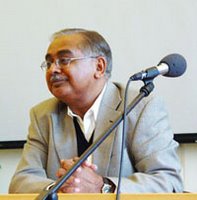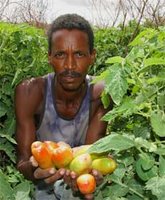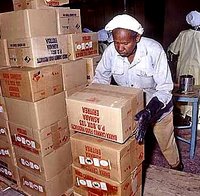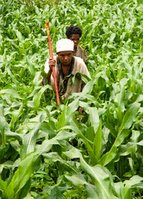Harry Goldstein writes in the IEEE:
To stem the brain drain that steals the best minds from developing countries, you first have to provide students with educational tools and opportunities that let them study at local institutions. And then slowly, over the course of years, technology sectors will start up, expand, and begin to employ homegrown engineers. Nigeria has seen this starting to happen in the telecommunications sector, where the country has gone from no cellphones in 2000 to an estimated 10 million in 2006.




















